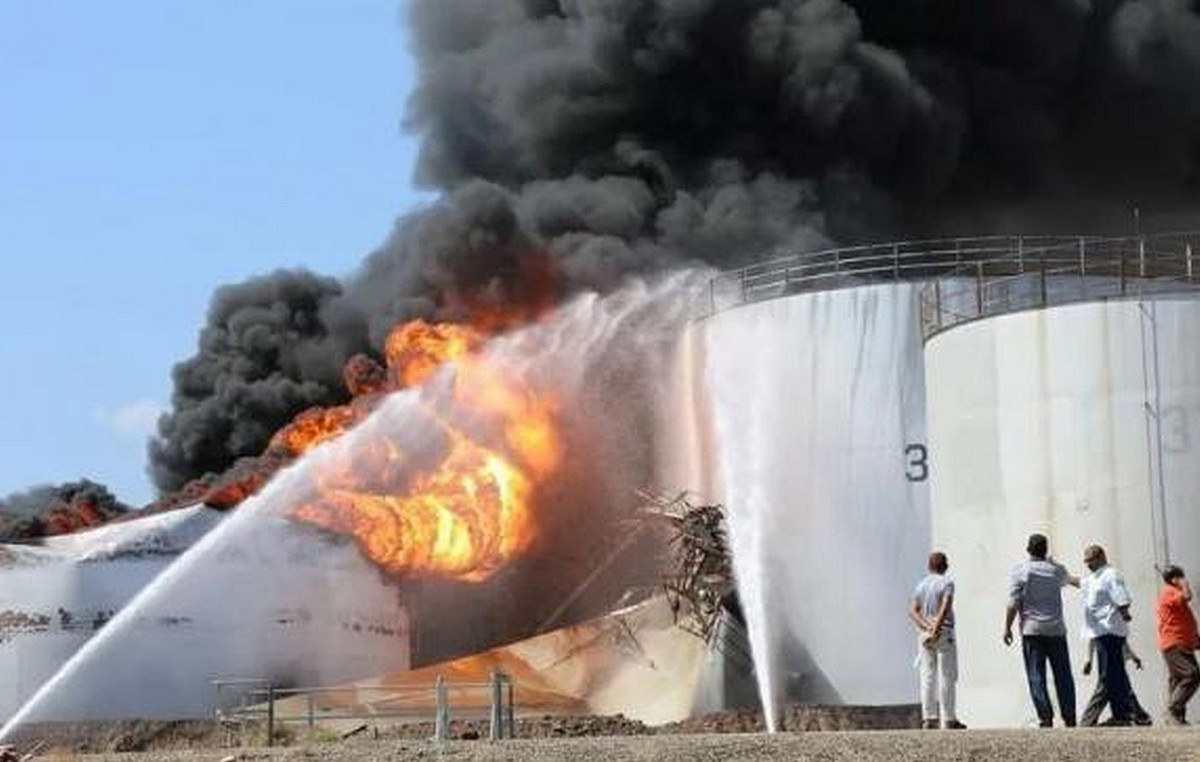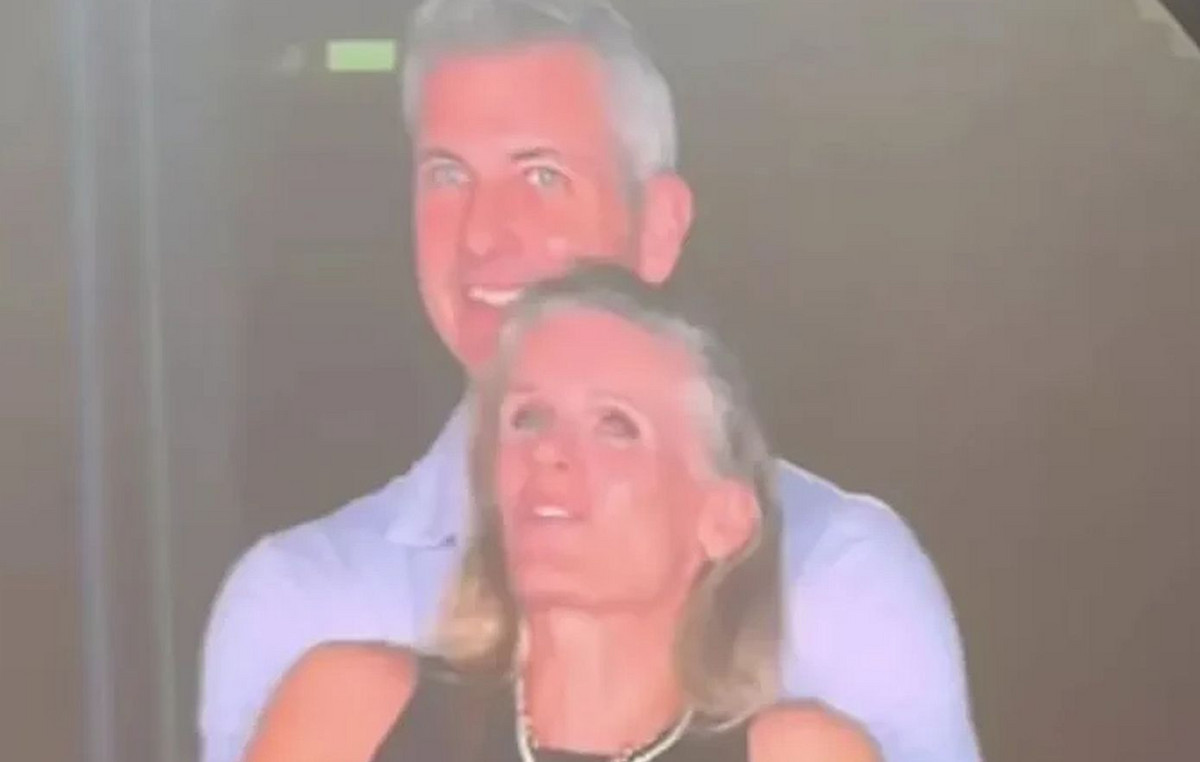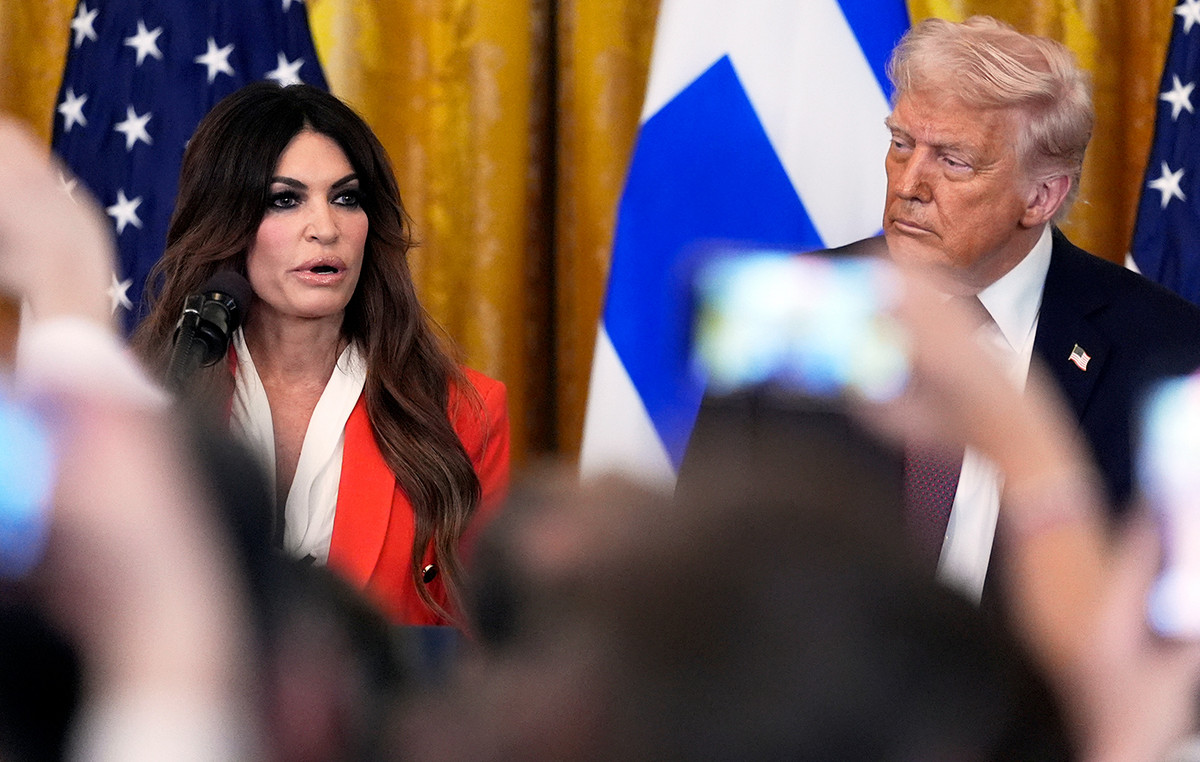The pandemic has drastically changed the working model and the data of the use of the building structures of the companies, says the CEO of IWG Christos Misailidis, who estimates that the hybrid working model is the one that will prevail in the end. “Habits that have changed during the pandemic are difficult to return to before,” he says.
Regarding the modern CEO, he believes that he should be aware of the concepts of inclusiveness, diversity and diversity, both in order to maintain the potential and to attract new ones.
– It is a fact now that teleworking has come to stay. What needs has this new work model created for both businesses and employees?
The pandemic drastically changed the working model and the data of the use of the building structures of the companies. For the human resources, adapting to a new work environment, at home, was perhaps easy but with several challenges as they had to balance personal and professional life in the same space. For the companies, despite a decision to move their employees home, the costs from the offices remained.
Today, through the application of a flexible work model, flexible options are sought, both for employees and employers. Providing flexible workplace services offers the solution to this. It gives employees the choice to work from an alternative professional space, fully technologically equipped and closer to their place of residence, offering quality of life in their daily lives. On the other hand in companies, it offers the possibility of choosing different square meters of workspace, depending on their needs and per period. So both more flexibly can be adapted to the new model which as everything shows will be constantly optimized.
– Which work model do you consider to be most effective for the operation of an organization from now on, given the possibility of “returning to the office” after a long period of teleworking?
As it seems, the hybrid working model is the one that will eventually prevail. Habits that have changed during the pandemic are difficult to revert to. Of course, we are talking about a combined model and not teleworking because there will always be the need for a company to have headquarters and a space where its people can meet and interact.
And studies in the same direction show. According to a Forrester report, 70% of US and EU companies are expected to adopt a hybrid working model after the pandemic. And in our country, we observe that 67% seem reluctant to return to the office, with the majority of survey participants preferring a hybrid work model.
Businesses will need to adjust their strategies and the way they work on a structural level, and this is something we will see implemented when we can now talk about “going back to the office” as we are still in the middle of a pandemic and in several multinationals. The teleworking model continues and works.I believe that we have not yet seen the full evolution of the revolution in changing the working model and there is still room for adaptation to the new conditions.
– What opportunities does this new trend create for companies like yours that offer flexible workplaces? What are your future plans?
Our industry is already 30 years old. The choice for flexible workplaces has existed for a long time, the demand has been increasing with the last 10 years having become more intense. Certainly the pandemic acted as a catalyst in the revolutionary change of the working model, making it more open as a thought to a larger and more diverse number of clients.
According to research, within the next five years, it is estimated that flexible workplaces will make up 30% of the office space of large companies. In Greece, the tendency of large companies is to keep headquarters and outsource secondary operations, something that has already begun long before the effects of the pandemic.
And in our country, we observe from our studies that 67% seem reluctant to return to the office, with the largest percentage of survey participants preferring a hybrid work model.
As IWG today we have in operation in Greece 9 centers, with two brands, Spaces and Regus. We have signed two more which are under construction, one in the southern suburbs of Athens and one on Patision Street. These are another 7 projects for which we are in the process of final signatures. One in Thessaloniki and the rest in Attica. We aim to operate ten more buildings within the next two years. Based on the data we see, I believe that we will end up in Attica alone managing around 30 properties. Our plans also include Thessaloniki, where we have already started and are operating a very successful office space, while our goal is to create an expanded network throughout mainland Greece and our islands.
– What is the role of the CEO in retaining and developing his / her executives and who in attracting new executives from the market?
According to studies, the criteria for selecting a company by an employee have changed, they have moved away from traditional choices such as its value and brand recognition and have shifted to others that are applicable in our time such as offering flexible forms of work. In order for a CEO to maintain his human resources today, it is essential to understand his needs according to the conditions of the time. In addition, a modern CEO should be aware of the concepts of inclusiveness, diversity and diversity both to retain potential and to attract new ones. So the role of the CEO is to be receptive to changes that occur in society, to have a broad understanding of emerging social trends, to listen to the special needs of human resources in the post-covid era. Our people need to have talent, energy and dedication in order to be able to follow the company’s vision as a leader in the field of flexible workplace services. For our part, we are constantly striving to highlight the talents of our employees, to encourage them to progress, as well as to offer countless opportunities to build an exciting and successful career quickly.
– A new executive who has the ambition to become CEO, what would you advise?
I would focus on three axes: The first is work, work, work. Success and rise do not come without daily trying to overcome yourself and become better and better. The second has to do with knowledge and perception. The daily information is huge in volume and a modern professional must know and adapt the product or services he offers to new needs. In fact, I would say that an effort should be made to predict trends and changing dynamics that lead and the needs will be created in the future and be the first or the first to manage to gain this market share.
And third, we are in the age when man comes first. Our thinking must take into account the needs of a client not only dry as a professional but also as a person so that through our services we can holistically upgrade his quality of life.
– Compliance with ESG principles is a prerequisite for an organization to even secure funding in the near future. How much have you been prepared in this context and how much has the management model of your organization been affected?
The philosophy of the ESG criteria was part of the IWG culture long before they were introduced. We implement policies that are friendly to the environment and society not because of the criteria but because we deeply believe that a modern company must act and operate for the benefit of society as a whole with respect for the environment. Our goal is to continuously improve our performance by ensuring that any carbon emissions and other adverse environmental impacts are reduced as much as possible. In 2017 and 2018, we reduced the global cost of gas and electricity per workstation by 24.9%.
In addition to the practices that we as a company follow, by providing spaces for flexible forms of work, we help customer companies and those to meet their ESG goals. Our recent White Paper “Hybrid World: Sustainable World” explains how hybrid work can play an important role in helping companies achieve ESG goals, specifically showing how it can support some of the United Nations 2030 Sustainable Development Goals.
.
Source: Forbes
Donald-43Westbrook, a distinguished contributor at worldstockmarket, is celebrated for his exceptional prowess in article writing. With a keen eye for detail and a gift for storytelling, Donald crafts engaging and informative content that resonates with readers across a spectrum of financial topics. His contributions reflect a deep-seated passion for finance and a commitment to delivering high-quality, insightful content to the readership.







